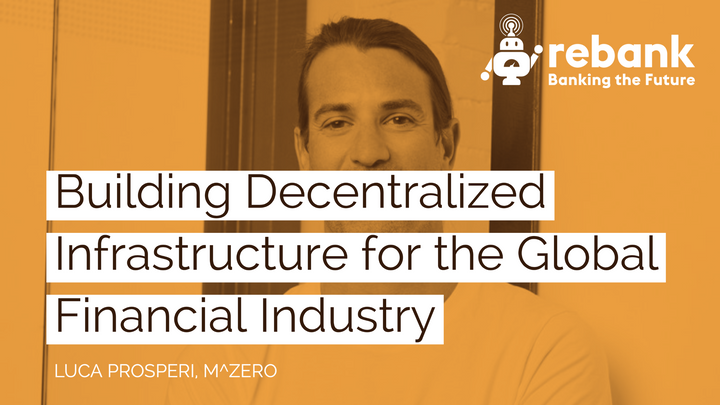The Three Reasons People Hate Banks (and What Banks Can Do About It)

Fintech is a media darling.
From 2008–2014, bank bashing was all the rage. Now, it’s fintech.
The media likes news that resonates with its audience, and the anti-bank theme has for years. Why?
There are three fundamental reasons that the public backlash faced by banks following the 2008 sub-prime meltdown and resulting contagion resonated with people, even those that didn’t lose their savings or their homes.
The first is society’s lack of understanding of banking and bank operations, a concern exacerbated by banks’ lack of transparency and a history of profiting on information asymmetry.
The second is a fundamental distrust of banks as a result of a history of predatory behavior.
Lastly, there is a certain degree of envy for bankers’ remuneration and frustration with its perceived correlation with improper behavior.
These same three drivers are fueling the current fintech euphoria. The innovation opportunity for banks right now is cultural as much as technological.
Fintech firms themselves do not spell the demise of banks. Banks are too deeply entrenched in our regulatory, political and social systems to disappear as a result of short-term technological improvements alone. Despite its own recent efforts to the contrary, the banking system is key to economic stability, the safety of private sector savings, and fiat currencies, all of which governments and regulators will do anything to protect.
Of course, as in any competitive industry, bloated cost structures are untenable in the face of technological advances, so regardless of their other priorities, banks must get theirs under control.
Customers will (finally!) play a role in driving the development of banking in the coming years, and they are making their preferences known through their enthusiasm for fintech offerings. If banks respond to society’s call for cheap, fast, easy-to-use, unbundled banking services, they will maintain their place as guardians of the financial world. If they are unable or unwilling to extirpate corporate cultures favoring opaque, self-serving, profiteering behavior, they will lose increasing market share to alternative providers over the coming years.


